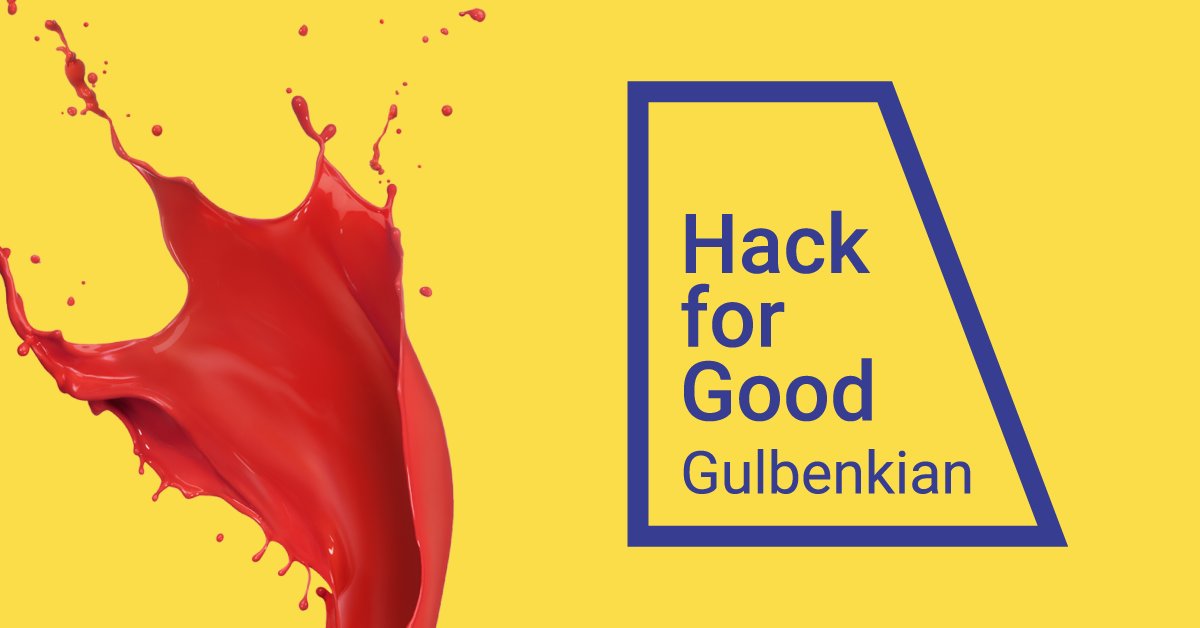Hack for Good

Around 150 professionals with backgrounds in programming, design, engineering and management, among others, are to participate on 23rd and 24th Abril in the Hack for Good event, a technological development marathon (or hackathon) to come up with innovative solutions that might undergo international replication with a focus on the theme of ageing.
This represents a pioneering event at the national level and hosted by the Gulbenkian Foundation, which has been prioritising studies and interventions interrelated with the ageing of populations. The Hack for Good event interweaves this theme with technology with the objective of stimulating and capturing the interest of young talents for this social cause.
At the end of this hackathon, which counts upon the support of technological firms including IBM, HP, Siemens, Samsung and Microsoft, the best projects will be awarded €7,000 (€5,000 for 1st place and €2,000 for 2nd place) along with the distribution of over €30,000 in products and services for the three best ideas in addition to a series of advantages that all participants will gain access to. Among the partners to this initiative is the Fraunhofer Institute of Active and Assisted Living (AAL) Program, which in September will hold its annual forum in St. Gallen, Switzerland, where the winners of Hack for Good will gain the opportunity to present their projects.
The work takes place in multidisciplinary teams, in an intensive marathon of programming and prototype building that explores the potential of technology placed in the service of demographic alterations. The participants enter into contact with senior citizens, healthcare professionals, specialists and carers in order to develop wide ranging and sustainable technological solutions to resolve real problems connected with the ageing of the population within the scope of six sub-themes: Communication and Social Relations, Cognitive Stimulation, Transfer of Knowledge, Healthcare and Wellbeing, Nutrition, Personal Finances, Mobility and Support for Carers.
Among the 28 member states of the European Union, Portugal presents one of the lowest levels of renewal in the population of an active age. However, elderly persons, or senior citizens, are themselves increasingly active, open to new technologies and demanding in relation to the activities, initiatives and services adapted to this new reality. Combining the social facet with the potential of the emerging technologies generates great opportunities in this field with the Calouste Gulbenkian Foundation seeking to act as the driver of development of technological projects with a positive, long term social impact.
